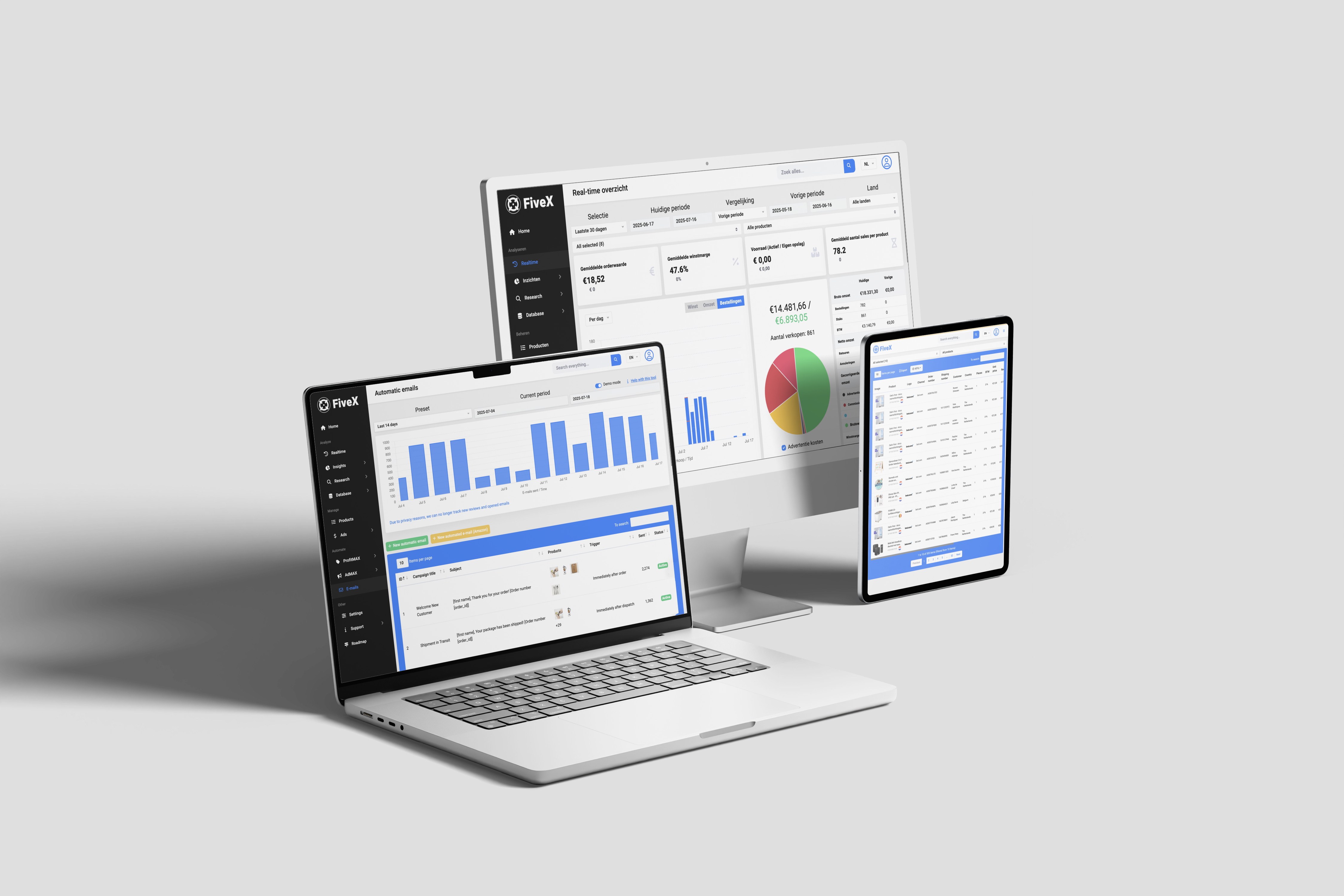The landscape of online shopping is undergoing a transformative green revolution. As consumers become increasingly environmentally conscious, B2C marketplaces are rapidly adapting to meet rising sustainability expectations. By 2025, a staggering 85% of shoppers have already modified their buying habits, making environmental responsibility a critical factor in brand selection.
The Rise of Sustainable Shopping
Modern consumers are no longer satisfied with mere products; they demand responsible business practices that minimize environmental impact. This shift has propelled companies to innovate across multiple dimensions of their operations.
Key Sustainable Practices in E-Commerce
- Eco-Friendly Packaging: Brands are pioneering revolutionary packaging solutions, including:
- Biodegradable materials
- Compostable packaging
- Rightsized boxes to reduce waste
- Innovative mushroom-based packaging that decomposes within weeks
- Green Supply Chain Management: Companies are reimagining logistics through:
- Electric and hybrid delivery vehicles
- Optimized delivery routes to reduce emissions
- Partnerships with environmentally responsible suppliers
- Energy-Efficient Operations: E-commerce platforms are investing in:
- Renewable energy-powered data centers
- Advanced cooling technologies
- More efficient hardware solutions
Transparency and Consumer Engagement
Leading marketplaces are setting new standards by:
- Highlighting sustainable product features
- Providing transparent information about product origins
- Offering recycling and repair programs
- Incentivizing eco-friendly consumer behaviors
The Economic Incentive
Sustainability isn't just an ethical choice—it's a smart business strategy. Approximately 68% of consumers are willing to pay a premium for sustainable products, with 15% ready to spend over 20% more for green attributes.
The Road Ahead
While challenges remain in transforming complex fulfillment chains, the most successful B2C marketplaces will be those that innovate operationally and communicate their sustainability efforts transparently and credibly.
Conclusion
The future of commerce is green. By prioritizing sustainability, businesses can not only reduce their environmental footprint but also build stronger, more loyal customer relationships. As consumer expectations continue to evolved, sustainable practices will become the new standard in B2C marketplaces.
Frequently Asked Questions
- Q: Why are sustainable practices important in e-commerce?
A: Sustainability is critical because 85% of consumers are modifying their buying habits to support environmentally responsible brands, making it a key differentiator in the marketplace. - Q: How are companies implementing sustainable practices?
A: Companies are focusing on eco-friendly packaging, green supply chain management, energy-efficient operations, and transparent consumer engagement. - Q: Do sustainable practices impact business performance?
A: Yes, 68% of consumers are willing to pay a premium for sustainable products, proving that green initiatives can drive economic value.







